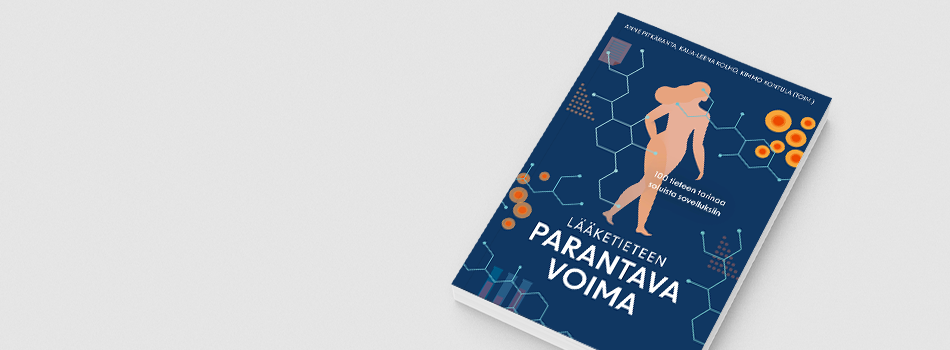Recent studies indicate that a vegetarian diet may increase the risk of tooth decay and erosion. The exact reasons for this are not fully understood, but several factors may contribute to it. However, there are smart ways to avoid these problems - here are the best tips!
"One of the dangers of a vegetarian diet may be that it may contain highly processed foods, such as meat substitutes. These foods often contain refined carbohydrates that break down into acidic products. This, in turn, can promote the dissolution of minerals in tooth enamel and thus the formation of cavities," says Ludwig Hansson, a dentist and specialist in prosthetics from the Göta Tandvård dental clinic in Gothenburg, Sweden.
Many people equate a vegetarian diet with a healthy diet, and this may be true in many respects - but not always for dental health.
"There is a risk that it may not be as easy to achieve a feeling of satiety with a vegetarian diet, which may increase the number of daily meals. This also increases the strain on the teeth," says Ludwig Hansson.
Avoid Acidic Foods
Another risk for vegetarians is consuming acidic foods and drinks such as fruits and juices.
"For example, green apples and some juices are very acidic. They may have benefits in many other ways, but the acidity can be very taxing on the teeth. If you eat such foods frequently, there is a risk that the enamel will be damaged in a corrosive way," warns Hansson.
However, it is possible to combat acid attacks - if you act preemptively.
"Studies have shown that, for example, eating a piece of cheese before consuming acidic foods prevents cavities. Cheese is alkaline and fatty, thus forming a protective layer on the teeth," adds Hansson.
Lumoral light-activated treatment helps maintain oral health
Those following a vegan diet also face the risk of nutrient deficiencies, which can increase the risk of periodontal disease or tooth loss.
"Immune system deficiencies can ultimately lead to tooth loss. The most common deficiency among vegans is vitamin B12, which affects the body's immune system," notes Hansson.
Therefore, vegans may need additional supplements for essential minerals and vitamins. Otherwise, the same tips for preventing cavities and tooth loss apply to vegetarians as they do to others.
"Do not eat too often, avoid excessive consumption of sugar, carbohydrates, and acidic foods, and clean your teeth thoroughly. Also, avoid excessive consumption of processed foods," reminds Hansson.
The foundation of good oral health is always mechanical cleaning, with a toothbrush and dental floss or interdental brush. In addition, there are other aids in the form of a light-activated treatment. The Lumoral method, developed in Finland, eliminates 99.99 percent of harmful bacteria from the mouth.
"By brushing your teeth, you remove about 65 percent of the bacteria present on the teeth surfaces and gum line. Lumoral's light-activated treatment is easy to administer and it removes virtually all harmful bacteria. It can be a crucial complement for those who, due to factors such as a vegetarian diet, are at greater risk of cavities and oral health issues," says Ludwig Hansson.



Leave a comment
This site is protected by hCaptcha and the hCaptcha Privacy Policy and Terms of Service apply.